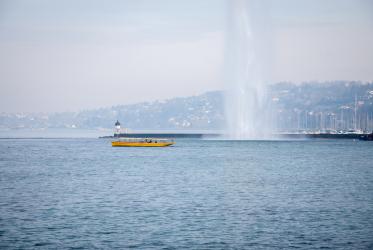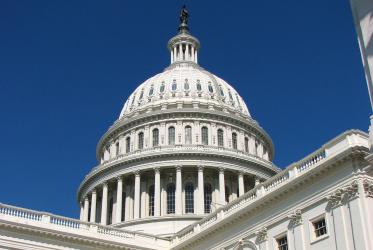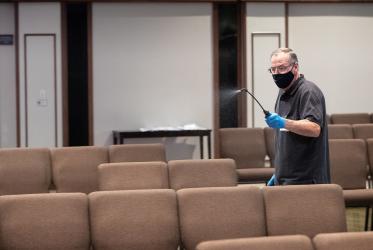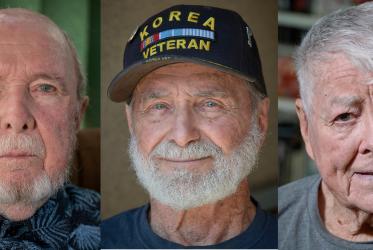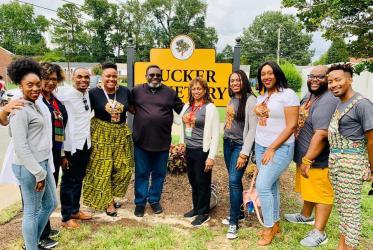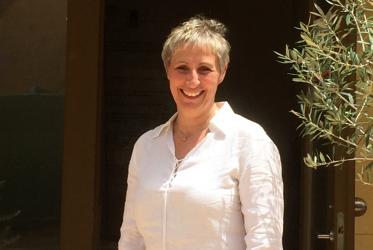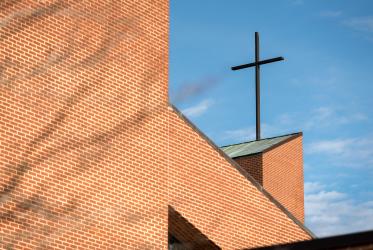Displaying 1 - 20 of 48
Bible study addresses church identity in pandemic
17 September 2020
WCC condemns attack at Hanukkah celebration in New York City
29 December 2019
Dr Saïd Ailabouni: God is on the side of rejected, oppressed, occupied
12 September 2019
Peacemakers at work in Sri Lanka
29 April 2019
Devotional guide commemorates enslaved African peoples
07 February 2019
#WCC70: Children in the Ecumenical Movement
20 December 2018
